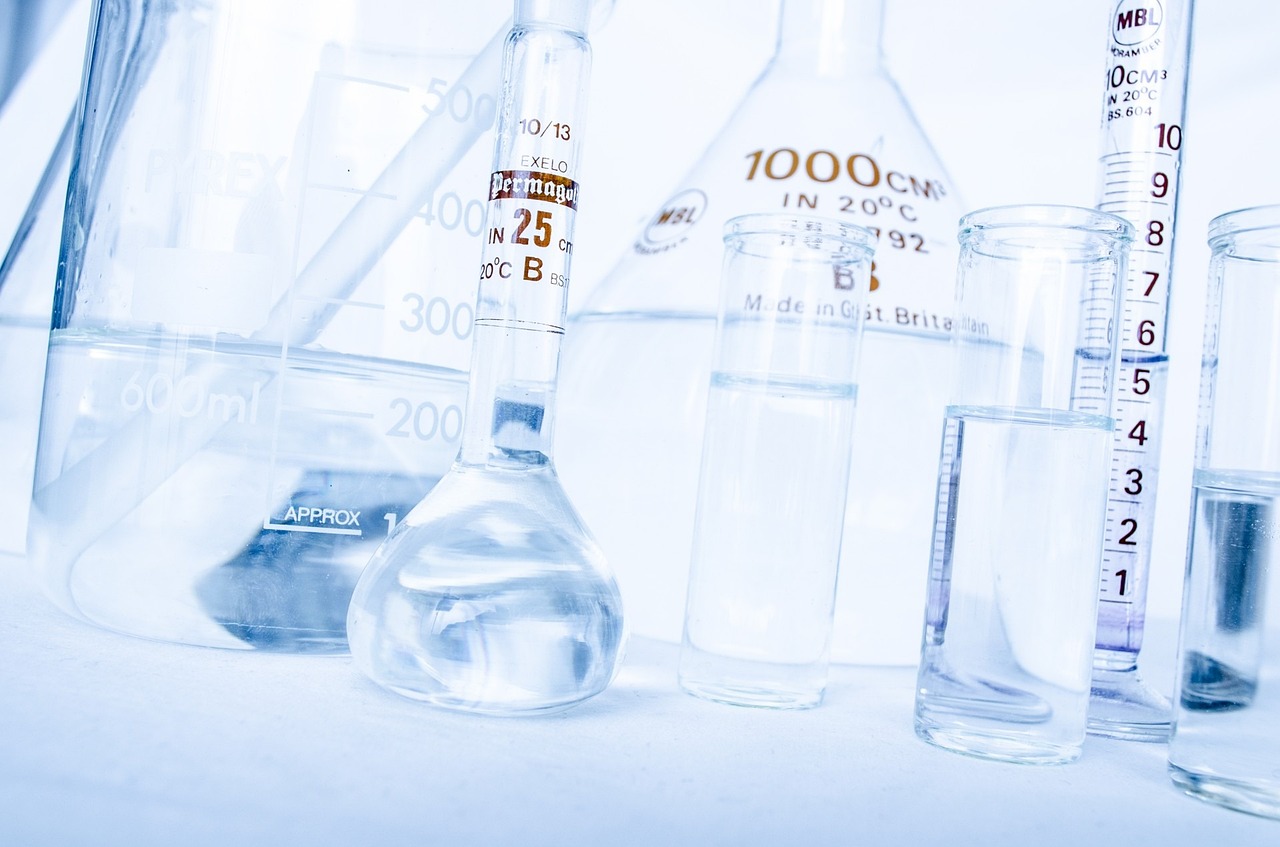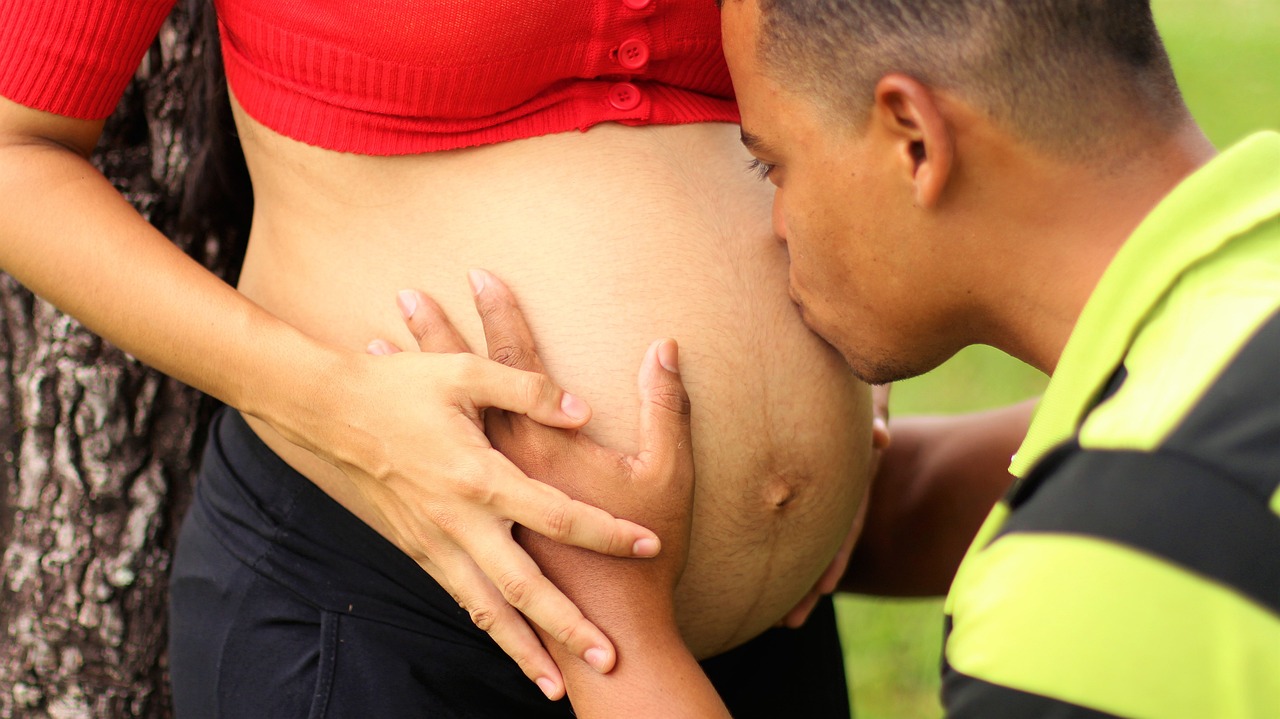When it comes to the burning question of whether you can take a pregnancy test just a week after having sex, the answer is not as straightforward as one might hope. While some tests claim to detect pregnancy hormones in urine as early as 7-10 days after conception, the accuracy significantly improves if you wait until after a missed period. Patience might be the key here, but we all know how hard it is to resist the urge to know the answer to such an important question.

How Soon Can You Take a Pregnancy Test?
How soon can you take a pregnancy test? The most sensitive tests can detect pregnancy hormones in urine as early as 7-10 days after conception. However, waiting until after a missed period increases accuracy. It’s like trying to catch a glimpse of a shooting star in the night sky; the earlier you look, the harder it is to spot. Patience is key when it comes to taking a pregnancy test to ensure the most reliable results.
Timing is crucial when it comes to pregnancy tests. The moment of conception marks the beginning of a journey, but it takes time for the body to produce enough pregnancy hormones for detection. Imagine planting a seed in the ground – it needs time to grow before you can see the first sprout. Similarly, a pregnancy test needs time to accurately detect the presence of a growing life.
- Some tests claim early detection capabilities, but their accuracy may vary.
- Waiting until after a missed period can provide more definitive results.
- Early testing may lead to false negatives due to low hormone levels.
Understanding the limitations of early testing can help manage expectations and prevent unnecessary anxiety. It’s like waiting for a cake to bake in the oven; opening the door too soon can ruin the outcome. Taking a pregnancy test at the right time ensures a clearer picture of your current situation and helps in making informed decisions moving forward.

Types of Pregnancy Tests Available
When it comes to pregnancy tests, there are different types available to women, each with its own advantages and considerations. The two main types of pregnancy tests are urine tests and blood tests.
Urine tests are the most common and are typically done at home. These tests detect the presence of the hormone hCG in the urine, which is produced during pregnancy. They are convenient, affordable, and easy to use, making them a popular choice for many women. However, it’s important to follow the instructions carefully to ensure accurate results.
On the other hand, blood tests are more accurate than urine tests and are usually done at a clinic or healthcare provider’s office. There are two types of blood tests: qualitative hCG tests, which simply confirm the presence of hCG, and quantitative hCG tests, which measure the exact amount of hCG in the blood. Blood tests can detect pregnancy earlier than urine tests, making them a preferred option for women who want to know as soon as possible.
It’s essential to consider the sensitivity and accuracy of the test when choosing between urine and blood tests. While urine tests are convenient and widely available, blood tests offer a higher level of accuracy, especially in the early stages of pregnancy. Consulting a healthcare provider can help determine the most suitable test based on individual circumstances and needs.

Factors Affecting Test Accuracy
When it comes to the accuracy of pregnancy tests, several factors play a crucial role in determining the reliability of the results. Understanding these factors is essential for individuals seeking to confirm or rule out a potential pregnancy. Let’s delve into the key elements that can affect the accuracy of a pregnancy test:
- Timing: The timing of taking a pregnancy test is critical. Testing too early may result in a false negative, as the levels of pregnancy hormones may not be detectable yet. Waiting until after a missed period can significantly increase the accuracy of the test.
- Sensitivity of the Test: Different pregnancy tests have varying levels of sensitivity in detecting the pregnancy hormone hCG (human chorionic gonadotropin) in urine. Tests with higher sensitivity can detect lower levels of hCG, making them more accurate in early detection.
- Usage Instructions: Following the instructions provided with the pregnancy test is vital for accurate results. Improper usage, such as using the test at the wrong time of day or misinterpreting the results, can lead to inaccurate outcomes.
- Quality of the Test: The quality of the pregnancy test itself can impact its accuracy. Using a reputable and reliable brand of test can reduce the chances of false results.
Considering these factors before taking a pregnancy test can help individuals obtain reliable results and make informed decisions regarding their reproductive health. It’s essential to be aware of these variables and ensure that the test is conducted correctly to achieve accurate outcomes.

Early Signs of Pregnancy
Recognizing early signs of pregnancy is crucial for many women who suspect they may be pregnant. These signs can vary from person to person, but some common indicators include:
- Missed Periods: One of the most well-known signs of pregnancy is a missed period. If your menstrual cycle is regular and you miss a period, it could be a strong indication of pregnancy.
- Nausea and Morning Sickness: Feeling nauseous, especially in the mornings, is a classic symptom of early pregnancy. This can be triggered by hormonal changes in the body.
- Fatigue: Early pregnancy can bring about extreme tiredness and fatigue due to the increased levels of progesterone in the body.
- Breast Tenderness: Changes in hormone levels can lead to breast tenderness or sensitivity, making your breasts feel sore or swollen.
- Increased Urination: Some women may notice they need to urinate more frequently than usual, which can be a result of hormonal changes.
While experiencing one or more of these symptoms may point towards pregnancy, they can also be attributed to other factors. It’s important to consider these signs collectively rather than individually. If you suspect you might be pregnant based on these early signs, it may be time to take a pregnancy test to confirm your suspicions and seek advice from a healthcare provider.

What to Do After a Positive Test
If a pregnancy test comes back positive, it’s natural to feel a mix of emotions ranging from excitement to anxiety. The first step is to confirm the results with a healthcare provider. They can conduct further tests to validate the pregnancy and provide essential guidance on the next steps to take. Seeking medical advice promptly is crucial for ensuring a healthy pregnancy.
Once the pregnancy is confirmed, it’s time to start prenatal care. This involves regular check-ups with healthcare professionals to monitor the progress of the pregnancy, address any concerns, and ensure both the mother and the baby are healthy. Prenatal care plays a significant role in identifying and managing any potential risks early on.
Alongside medical care, making necessary lifestyle adjustments is essential after a positive pregnancy test. This includes adopting a healthy diet rich in nutrients vital for the developing baby, avoiding harmful substances such as alcohol and tobacco, and incorporating regular exercise into your routine. These lifestyle changes contribute to a smoother pregnancy journey and support the well-being of both the mother and the baby.
Emotional support is also crucial during this time. It’s common for expectant parents to experience a range of emotions, and having a strong support system can help navigate the ups and downs of pregnancy. Whether it’s sharing the news with loved ones, joining a prenatal support group, or seeking counseling, finding emotional support is key to a positive pregnancy experience.
Frequently Asked Questions
- 1. Can a pregnancy test give a false positive result?
Yes, certain medications or medical conditions can cause a false positive result. It’s essential to consult a healthcare provider for confirmation if you suspect an inaccurate result.
- 2. Is it possible to get a false negative result on a pregnancy test?
Absolutely, taking a test too early or not following the instructions correctly can lead to a false negative result. Waiting a few days and retesting can provide more accurate results.
- 3. How accurate are home pregnancy tests compared to clinic-based tests?
Home pregnancy tests are generally accurate when used correctly, but clinic-based blood tests are more sensitive and can detect lower levels of the pregnancy hormone hCG earlier. Both can provide reliable results with proper usage.
- 4. Can stress or anxiety affect the results of a pregnancy test?
Stress and anxiety do not typically impact the accuracy of a pregnancy test. However, high stress levels can affect menstrual cycles, potentially leading to confusion about when to take the test.
- 5. How soon after a missed period should I take a pregnancy test?
It’s recommended to wait at least a week after a missed period to take a pregnancy test for more accurate results. Testing too early can increase the chances of a false negative.